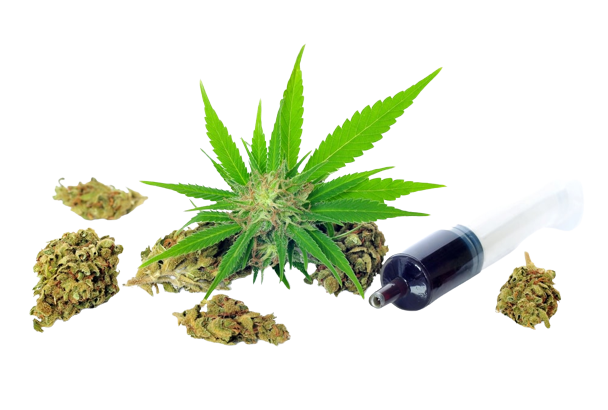RSO
Wiki Article

Everything You Need to Know About Rick Simpson Oil (RSO)
In the world of alternative medicine, Rick Simpson Oil (RSO) has gained significant attention and popularity for its potential health benefits, particularly in the treatment of various medical conditions. Named after its creator, Rick Simpson, this cannabis extract has generated a great deal of interest and controversy. In this article, we'll delve into everything you need to know about Rick Simpson Oil, including its history, production process, potential uses, and legal considerations.
1. The History of RSO
Rick Simpson, a Canadian engineer, first gained notoriety for RSO in the early 2000s when he claimed to have successfully cured his own skin cancer using homemade cannabis oil. Inspired by this experience, he started sharing his recipe and method for creating RSO with others in need. This led to a growing movement and widespread interest in the potential medicinal properties of cannabis oil.
2. Production Process
RSO is made by extracting cannabinoids, primarily THC and CBD, from the cannabis plant using a solvent, typically ethanol or isopropyl alcohol. The process involves soaking the plant material in the solvent, then straining and evaporating the liquid to leave behind a concentrated oil. Simpson recommends using high-THC cannabis strains for the best results.
It's important to note that the production of RSO should be done with caution and in a well-ventilated area because the solvents used are highly flammable. Safety precautions should always be taken, and the final product should be carefully purged of any residual solvents.
3. Potential Uses
RSO is often promoted as a potential treatment for a wide range of medical conditions, including cancer, chronic pain, epilepsy, multiple sclerosis, and more. However, it's essential to understand that the scientific evidence supporting these claims is limited, and RSO is not approved as a medical treatment by regulatory authorities in most countries.
Many people who use RSO do so as a complementary therapy alongside traditional medical treatments. Always consult with a healthcare professional before incorporating RSO into your treatment plan, especially if you have a serious medical condition.
4. Dosage and Administration:
Determining the appropriate dosage of RSO can be challenging, as it depends on various factors, including the individual's tolerance, the potency of the cannabis used, and the specific medical condition being treated. Rick Simpson's suggested protocol typically involves starting with a small amount (about the size of a grain of rice) and gradually increasing the dose until the desired effects are achieved.
5. Legal Considerations:
The legality of RSO varies from country to country and even from state to state within the United States. In some places, cannabis and cannabis-derived products like RSO are legal for medicinal or recreational use, while in others, they remain strictly prohibited.
Before considering the use of RSO, it is crucial to understand the laws and regulations in your jurisdiction. Obtaining RSO from a legal and regulated source, when possible, is advisable to ensure product quality and safety.
6. Potential Risks and Side Effects:
Like any substance, RSO carries potential risks and side effects. The most common side effects reported by users include dizziness, drowsiness, dry mouth, and changes in appetite. In some cases, individuals may experience more severe adverse effects, such as anxiety or paranoia.
Furthermore, RSO's high THC content can lead to intoxication and impairment, making activities like driving or operating heavy machinery dangerous when under the influence.
7. Conclusion:
Rick Simpson Oil (RSO) has captured the interest of many seeking alternative treatments for various medical conditions. While anecdotal reports suggest potential benefits, it is essential to approach RSO with caution, especially when considering it as a primary or sole treatment option.
Before incorporating RSO into your healthcare regimen, consult with a qualified healthcare professional, and be aware of the legal regulations in your area. Additionally, remember that scientific research on the efficacy and safety of RSO is still evolving, and it is not a guaranteed cure or replacement for traditional medical treatments. Make informed decisions about your health and consider all available options when exploring alternative therapies like RSO.
Report this wiki page